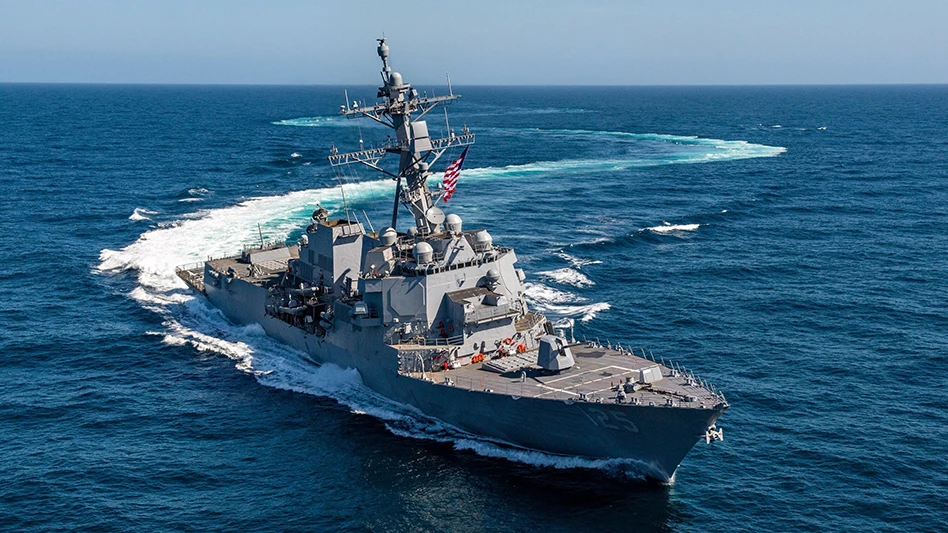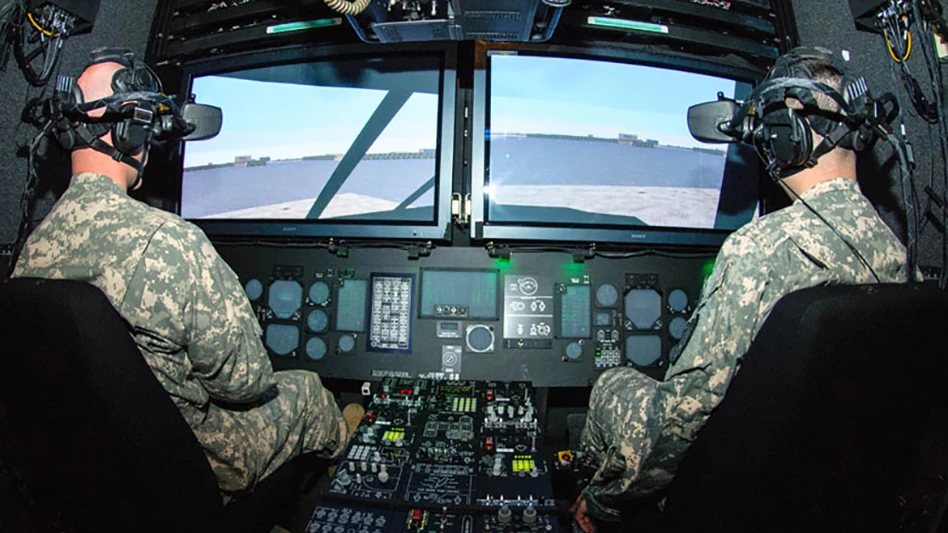
HII
Raytheon, an RTX business, was awarded a $677 million contract to continue to produce AN/SPY-6(V) radars for the U.S. Navy. This is the third option exercised from the March 2022 hardware, production and sustainment contract that is valued up to $3 billion over five years.
Under this contract, the U.S. Navy will receive seven additional radars, increasing the total amount of radars under contract for procurement to 38.
"SPY-6 provides the fleet with superior air surveillance, electronic warfare protection and enhanced detection abilities," says Barbara Borgonovi, president of Naval Power at Raytheon. "This contract is a significant step forward in ensuring this technology is delivered to ships to improve the overall self-defense of the fleet."
The U.S. Navy is integrating SPY-6 into its surface fleet beginning with the USS Jack H. Lucas (DDG 125) that was commissioned in October 2023. The USS Richard M. McCool Jr. (LPD 29) is the second ship and the first to deploy the (V)2 variant. LPD 29 was delivered to the U.S. Navy April 11 following successful completion of builder's and acceptance trials in the Gulf of Mexico. The SPY-6(V)2 radar not only provides defense against missile threats but will also provide air traffic control capability.
The SPY-6 family of radars is the most tested, most advanced radar technology in production today. It is projected to be deployed on 65 U.S. Navy ships over the next 10 years to defend against air, surface, and ballistic threats.
Latest from Defense and Munitions
- #53 - Manufacturing Matters - 2024 Leaders in Manufacturing Roundtable
- Visual Components celebrates 25 years of simulation and programming software innovation
- Join us for insights on one of the hottest topics in manufacturing!
- Hive Systems Defense Solutions achieves C3PAO authorization
- Shield AI, L3Harris team for breakthrough in autonomy
- You can still register for March’s Manufacturing Lunch + Learn!
- Leonardo DRS receives $45 million U.S. Navy commitment to bolster US submarine industrial base
- Teledyne FLIR Defense wins $15 million contract for Black Hornet 4 Nano-Drones





